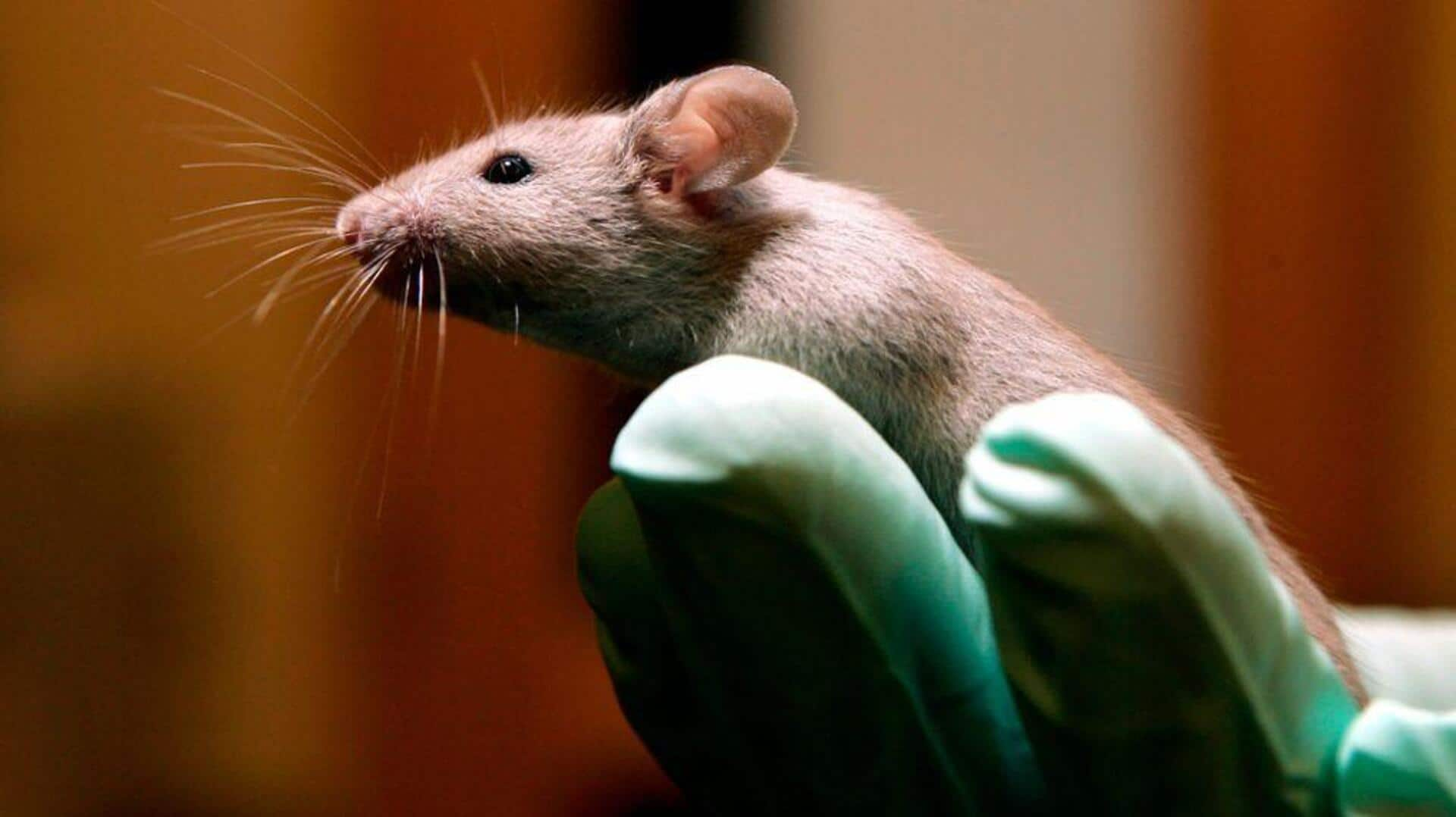
Survival of the luckiest: New study challenges Darwin's evolution theory
What's the story
According to a recent study by Matthew Zipple, an evolutionary biologist at Cornell University, luck could be an important factor in evolution.
The theory goes against Charles Darwin's theory of evolution that favors the survival of the fittest.
"Everywhere we look, outcomes across populations are unequal," says Zipple.
He goes on to explain that there's a lot of variation in an individual's environment and genetics within natural populations.
Unpredictable outcomes
Luck: A potential explanation for individual success and failure
Zipple proposes that unpredictable events, which a person cannot control or foresee, could be partly responsible for why some people thrive and others don't.
He cites examples of a male ram winning a mate because of its rival's accidental fall or a bird discovering an unexpected food source.
These cases prompted Zipple to wonder how luck and competition create inequalities in adulthood.
Equal society
Experimenting with genetically identical mice
To study the role of luck in evolution, Zipple and his team set up an experiment with around 100 genetically-identical mice.
They established an equal society where all mice shared the same genetics and resources in their early life.
The team then observed these mice over 46 days, noting their behavior and other fitness aspects such as weight.
Male dominance
Competition and luck: Key factors in evolution
The study revealed that competition and luck were integral to the mice's evolution.
Male mice, who fight for territories and food, exhibited more variation in their fitness levels than females.
"We have this really useful system where we have one sex experience and really intense competition and the other sex does not," says Zipple.
The team determined that these micro-contingent experiences were key to the male mice's evolutionary outcomes.
Resource control
Impact on competition and resource acquisition
The study discovered that "lucky" male mice dominated more territory and met roughly five times as many females as lower-quality males.
Robin Snyder, a theoretical ecologist at Case Western Reserve University, weighed in on the study's findings.
She said competition magnifies the impact of these small moments of coin flips — did you get it? Did you not get it?
"Did you manage to gobble up all the resources? And then that allows you to continue to gobble up all the resources."
Human implications
Luck's role in human success and societal inequality
The study's findings also have implications for understanding human success and societal inequality.
Zipple suggests that luck can be a major factor in determining an individual's success, even when genetics and resources are identical.
He argues that these results should prompt biologists to consider non-genetic causes for an individual's success, especially when competition is high.